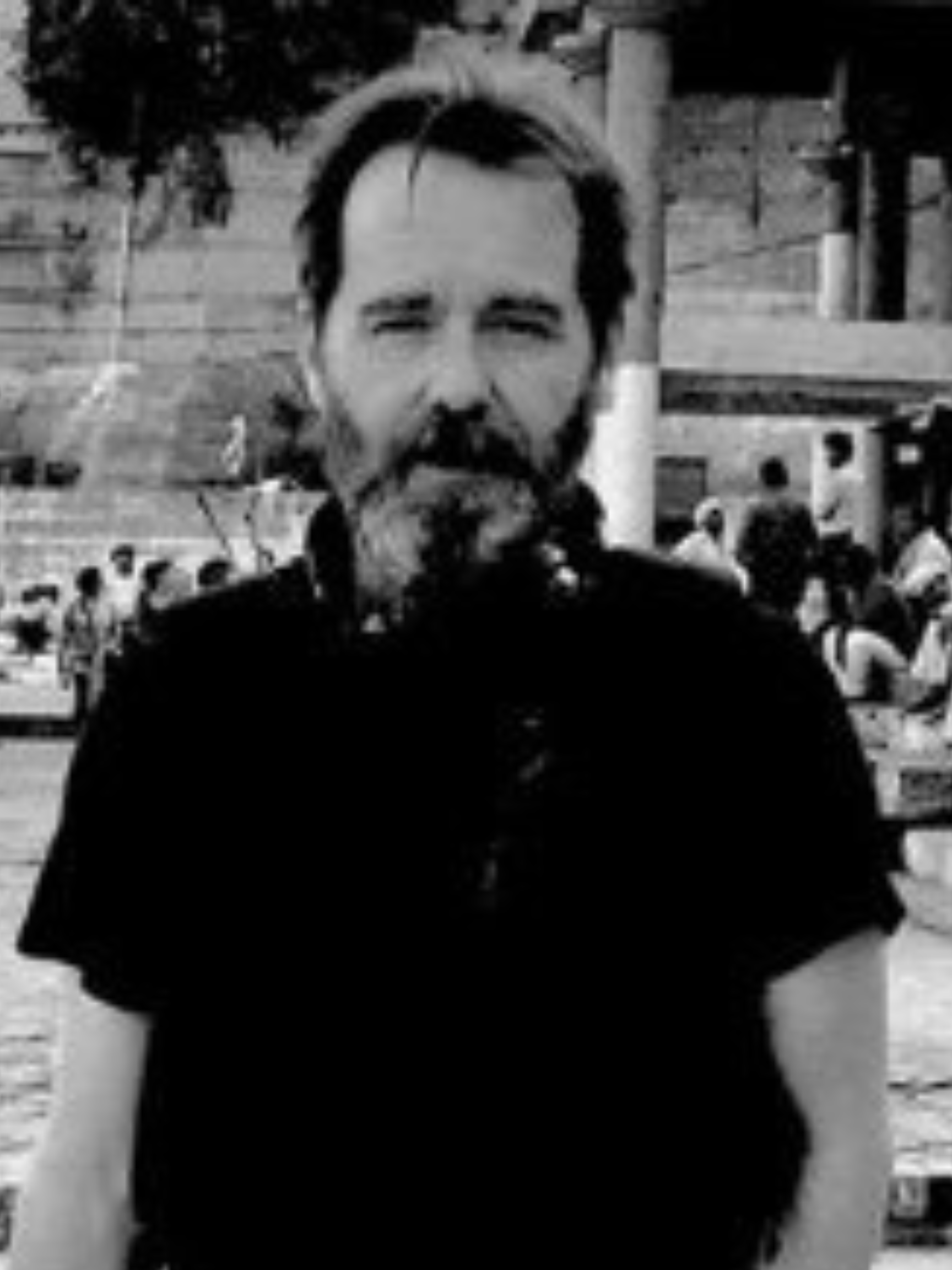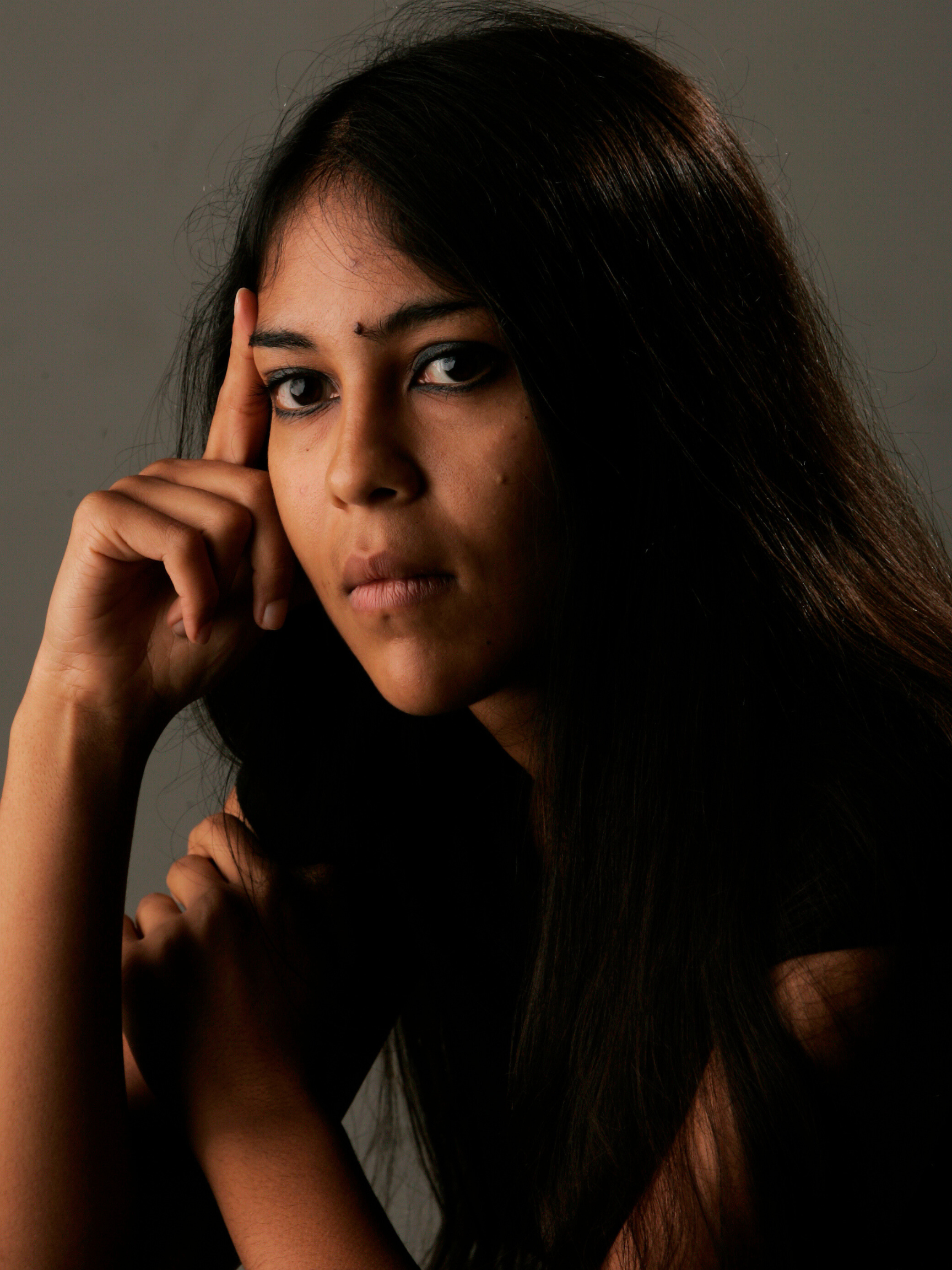
Charles Rappleye’s work as a journalist, editor and author was marked by a commitment to original, enterprising research, creative use of public records and archival sources and a belief in the power of writing and, in particular, the long-form narrative. Learn more about his life through this Los Angeles Times obituary.
The Charles M. Rappleye Investigative Journalism Award will be awarded yearly to a working journalist or team in need of resources, either financial or in-kind, to support this kind of journalism.
Grants of up to $5,000 will be awarded and may also include in-kind assistance such as research support, mentoring and access to investigation tools. More than one grant may be awarded in a given period, and applicants with an urgent need may be awarded interim grants outside the regular award cycle.
Recipients will be announced at the annual Southern California Journalism Awards gala in June.
Submission Guidelines
Applicants should have already completed significant work on their project and must be able to identify specific investigation or research steps that they are requesting support to carry out.
Applicants should submit a 1-2 page statement that includes a description of:
- The project they are working on, including work completed to date.
- What support (cash or in-kind) is needed and how they propose to use it.
Applicants should also include any supporting materials they consider relevant.
Eligibility is open to all journalists, with preference given to journalists working in and/or writing about Southern California and the wider southwest. All formats and mediums will be considered, with preference given to long-form print journalism.
Any subject matter will be considered, and the fund encourages works about law enforcement, immigration and the border, local government and public corruption, the media, civil rights and labor rights, organized crime, U.S. policy and involvement in Latin America and the history of Alta California.
Ready to Apply?
Applications are accepted on a rolling basis. Got a question? Email info@lapressclub.org.
Help Fund the Grant!
Make a tax-deductible donation and help the LA Press Club support local investigative journalism.
2024 Charles M. Rappleye Investigative Journalism Award Grant Recipients

Ben Camacho
Ben Camacho is an award-winning investigative journalist and freelance documentary photographer. He chairs the legal committee at IWW’s Freelance Journalists Union, which provides legal support to journalists in the U.S. In 2020, he co-founded West Side Storytellers, a documentary production team.
The grant will support a four-year investigation into an LAPD shooting incident in 2020, during the height of the Black Lives Matter protests. After numerous public records requests and two civil lawsuits, the LAPD has finally been forced to disclose its video and investigative files. A review of the records shows numerous inconsistencies in statements, timelines and locations of evidence.

Nicholas Schou
Nicholas Schou is the former editor-in-chief of OC Weekly. His work has appeared in The Atlantic, Newsweek, the Los Angeles Times and more. He is also the author of several books including "Kill the Messenger: How the CIA’s Crack Cocaine Controversy Destroyed Journalist Gary Webb" and "Orange Sunshine: The Brotherhood of Eternal Love and its Quest to Spread Peace, Love and Acid to the World."
Schou’s grant will support an investigative series on environmental and energy issues facing Southern California, including a proposed “hydrogen hub” for the San Pedro port complex; the politics of water rights; the viability of nuclear energy and questions over long-term waste storage’s impacts on the environment and local communities.
Hydrogen Bombs: Will Trump 2.0 Sink California's Renewable Energy Ambitions?
Red Canary Magazine

Sam Slovick
Sam Slovick is an award-winning journalist and documentary filmmaker published in the Los Angeles Times, Los Angeles Magazine, Red Canary Magazine and other publications. His 2016 feature documentary "Radicalized" has been called the definitive voice-of-a-generation millennial protest film.
Slovick was awarded a grant to support his “immersion journalism” at the U.S. border with Mexico. Currently, he is documenting the struggles of the growing Haitian community at the border, which now totals over 6,000 people. Working in collaboration with local stringers, Slovick is profiling individuals whose stories illuminate why so many Haitians left their country and the politics of the purgatory many now experience.
The Haiti Factor: When Humans Become Election Fodder
Red Canary Magazine
2023 Charles M. Rappleye Investigative Journalism Award Grant Recipients

Julie Patel Liss
Julie Patel Liss teaches journalism at California State University, Los Angeles. She was previously an investigative reporter at nonprofits such as the Center for Public Integrity and Washington, D.C.’s NPR affiliate. She has worked at the South Florida Sun Sentinel and San Jose Mercury News.
Liss is leading a group of student reporters at Cal State LA in an in-depth investigation of a well-known nonprofit housing provider in Los Angeles. The team has conducted nearly 50 interviews with residents and reviewed thousands of city inspection records and crime records focused on a dozen properties. The investigation aims to help expose how low-income housing is provided, and often neglected, in Los Angeles.
AIDS Healthcare Foundation Low-Income Housing Projects Rife with Safety Issues, Resident Complaint
Knock LA
Water Damage, Plumbing Leaks, and Safety Issues Plague AHF Housing
Knock LA
Elderly, Disabled Residents Struggle with Accessibility in AHF Buildings
Knock LA

Gabb Schivone
Gabb Schivone is the author of the book "Making the New 'Illegal': How Decades of US Involvement in Central America Triggered the Modern Wave of Immigration." Schivone’s work has appeared in Mother Jones, the Los Angeles Review of Books, The Nation and more.
Schivone is working on a data-driven investigation in Arizona to analyze police misconduct records from 45 local and state law enforcement agencies in relation to the AZ Peace Officer Standards and Training Board, which certifies, suspends and decertifies officers’ professional licenses. Supported by the Arizona Center for Investigative Reporting, Schivone aims to determine the efficacy of accountability standards in the state.
Most Cops Involved in High-profile Killings Since 2014 Kept Their Police Licenses
The Intercept

Aitana Vargas
Aitana Vargas is an on-camera foreign correspondent and live tennis commentator in Los Angeles. A graduate of Columbia University, her journalism has appeared on DirecTV sports, TVE Internacional and other outlets.
Vargas was awarded a grant for a bilingual feature series about school districts across the country with dedicated police forces. In conjunction with palabra, an online publication, Vargas will look at the history of the police agencies and explore the impacts of having police in schools, particularly in relation to crime rates and deportation of students. She also hopes to examine local organizing efforts to expel police from schools and pursue reforms.
Disrupting the School-to-Prison Pipeline
School Policing: The Blurred Lines of Safety
Seguridad Más Allá de las Aulas
Palabra (1, 2, 3)
2022 Charles M. Rappleye Investigative Journalism Award Grant Recipients

Donnell Alexander
Donnell Alexander is a non-fiction storyteller based in Los Angeles. His reporting and analysis have appeared in Grantland, Leafly, Might, Rolling Stone, Time, Weedmaps, and Capital and Main, among other outlets. He is the author of the 2003 memoir "Ghetto Celebrity" and the originator of the animated
short film "Dock Ellis & the LSD No-No."
Alexander is doing a deep dive into the world of an ambitious politician tied to the weed industry and a federal corruption investigation full of twists and unique characters.
Cannabis, Corruption, and Adam Craig Hill’s Unfinished Poem in SLO
GV Wire

Molly O’Toole
Molly O’Toole is a Pulitzer Prize-winning reporter based in Washington, D.C. She is currently working on her book, "The Route," a narrative of the new migrant underground, a deadly gauntlet for refugees from around the world.
O’Toole has covered migration and security from Latin America, West Africa, the Middle East, the Gulf and South Asia. She was awarded the first-ever Pulitzer Prize in audio reporting in 2020 with “This American Life” and Emily Green of Vice.
2021 Charles M. Rappleye Investigative Journalism Award Grant Recipients

Caitlin Antonios
Caitlin Antonios is a staff member of Columbia University’s Brown Institute for Media Innovation’s Documenting COVID-19 project. With the mission of collecting public records related to the pandemic, the project has generated vast amounts of material for journalists and academics to research the impact of COVID-19.
As the project’s point person in California, Antonios has explored issues of vaccine equity and distribution and published a series of articles on the subject in CalMatters.com.
How Misinformation, Fear Create ‘Vaccination Deserts’ in California’s Central Valley
The Fresno Bee
Temples To Clinics: Why COVID Vaccine Events Are Popping Up At Valley’s Sikh Gurdwaras
KVPR

Eric Pape
Eric Pape is an investigative reporter, editor, and adjunct faculty at the Annenberg School for Journalism at USC. His career has taken him to five continents, including as a Europe-based correspondent for Newsweek International.
His writing has also appeared in the L.A. Times’ Sunday magazine, the Daily Beast, The New York Times, and The Guardian, among others. CRIJA is helping to fund Pape’s multi-part investigation into vaccine hesitancy in local communities in California.
Sins of the Father
The Atavist Magazine
